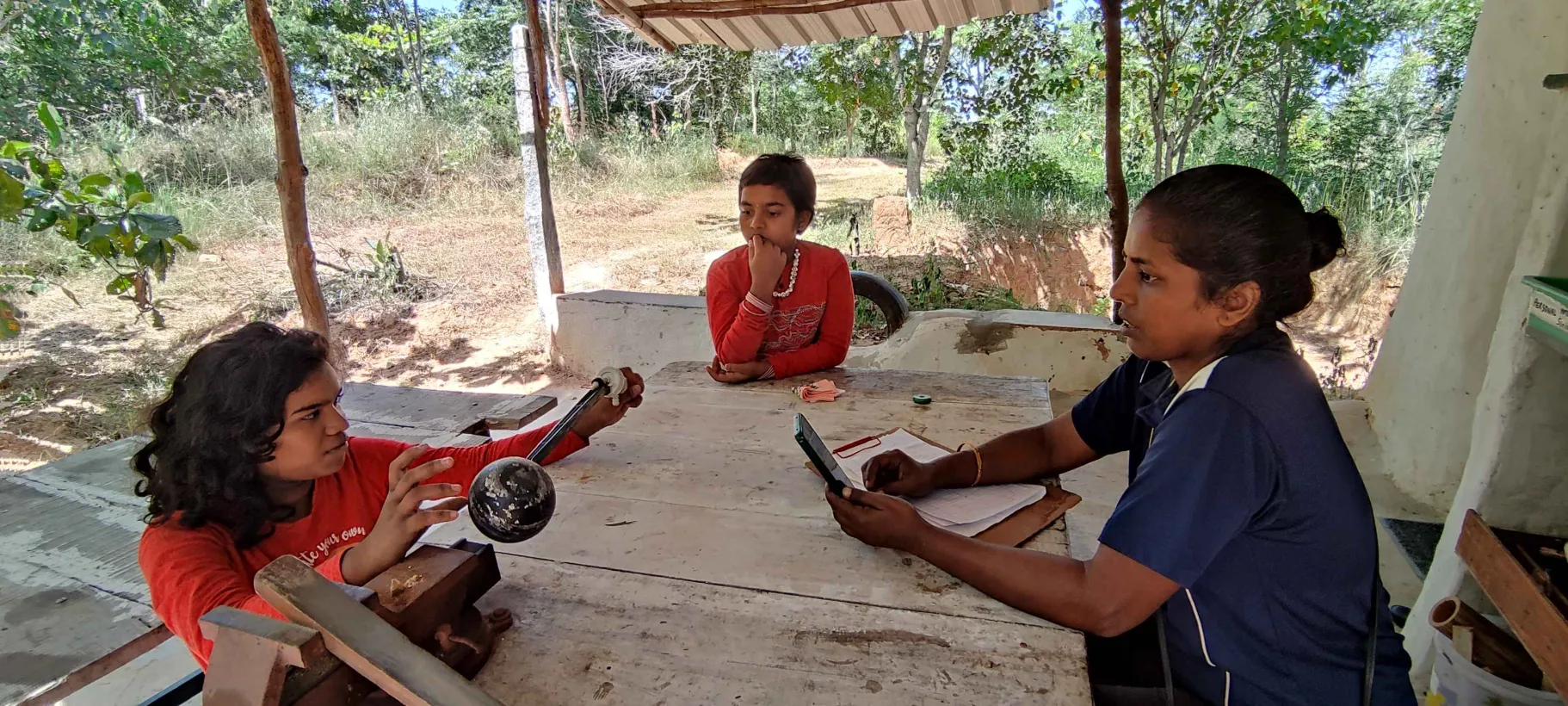A parent raised the following concern in our WhatsApp Open Learning Community
“ I’ve been feeling a bit bored lately and sometimes I just don’t feel like learning or doing anything. Has anyone else felt this way? How do you stay motivated and make learning fun, especially in Open Learning? Any tips or advice on how to spark curiosity again?”
- This made me think and the following questions made me reflect –
- Isn’t boredom as much a part of our lives as excitement?
- Can we remain motivated all the time?
- Why should learning be fun?
- Do we need an engagement in some activities all the time?
Boredom
We might experience lull periods irrespective of what work we do. The duration may vary. Moreover, boredom is not necessarily a bad thing in itself. Boredom may bring a fresh perspective, explore newer windows, or indicate physical tiredness. Usually, it enters and exits like many other emotions we sail throughout the day. We try to address this natural emotion of boredom for our children. Let’s re-look at our beliefs around the boredom of our children. Some of them may be
- It has a negative connotation.
- It is a sign of a lack of stimulant or engagement
- It might be an indication that the child’s needs are unmet
Seldom, we treat boredom as a natural emotion or as a catalyst.
Boredom and Learning
We desperately try to make learning a fun activity for our children. Learning is fun as long as I know what I want to learn and in a way I want to learn. Learning becomes a chore if it is imposed on us. Moreover, why should learning be fun all the time? Learning can be strenuous and boring. We consider planned and active learning as proper learning. The truth is we assimilate learning more through passive learning. This is true for children too. We cannot control passive learning. Learning boredom occurs when a task or activity is perceived as dull, uninteresting, or repetitive.
Tweaking a few things consciously (if possible in the planning phase) may help. For example, instead of learning, start teaching what you learned. Find an offbeat resource to experiment with learning. Use constraints for learning. Curiosity arises when we explore different things in all shapes and sizes. Why don’t we box a few minutes daily to be silly and ask silly questions? Or ask a few questions which are completely outside your domain knowledge. Such explorations might open many rabbit holes for us.
Boredom and Motivation
Why does one need to stay motivated throughout? Like satellites, we all get settled in our orbits. If you are happy with your orbit no problem, if not you will find a new orbit by yourself.
A child remains absorbed in any activity as long as he or she finds it interesting or the task is relevant. It is okay to feel demotivated or disengaged. This could indicate a new window in a completely different direction. A demotivated child should not become our motivation to push him. Children need space to experience their emotions and develop their coping mechanisms.
If a demotivated child asks for help, the best we can do is to listen to her, offer support by being there, or help her re-look at their goals.
Love for Fun
By nature, we are fun-loving people, especially children. At times this fun is lost because of agenda-driven days. It does not mean we don’t need goals or a structure. It is about allowing children to be the way they are. At Aarohi we have many planned activities/clubs throughout the day. When Kirtika logged in to attend one such activity she found two children (unrelated to Kirtika’s call) were already on the Zoom session. The conversation went like this –
Kirtika – “Are you here for a club”
Both the children responded – “No, No we are here for fun”
That is the essence of open learning. You start seeing learning in every aspect of living. Interactions and connections are as important as picking up skills. Your emotional well-being is equally important. Boredom is the most prized jewel for open learners because you are not stuck in a rigid structure of how your learning ‘should’ be, hence there is no question of ‘developing’ motivation. Many adults comment that open learners are motivated and confident, but all these may only be an outcome of how they lead life.
